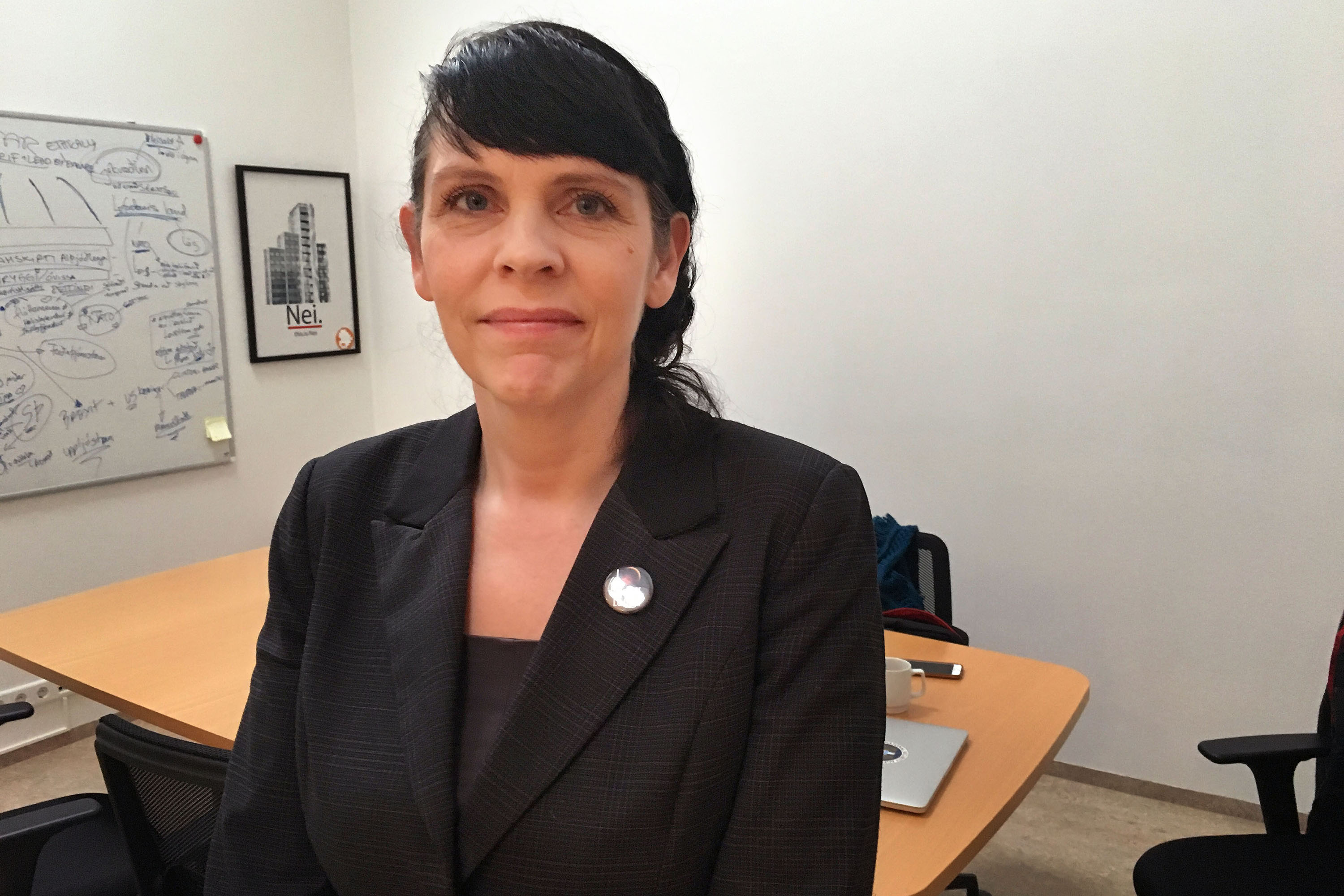‘It’s part of being an Icelander’: a national culture of poetry
Iceland, it seems, is full of hidden poets.
When they’re not at their day jobs, a great many of the island’s 330,000 inhabitants dabble in verse, including politicians, businessmen, horse breeders and scientists who study the genetic isolation of the island in pursuit of medical breakthroughs. Even David Oddsson, who was prime minister in 2002 (when Iceland’s banks were privatized) and central bank governor in 2008 (when they collapsed), is a poet by training.
Birgitta Jonsdottir, the leader of the anarchist-leaning Pirate Party, which did well in a recent general election, describes herself rather loftily as a “poetician.” Her first published poem, “Black Roses,” written when she was 14, is about a nuclear holocaust.

Kari Stefansson, one of the world’s leading geneticists and the founder of Decode Genetics, recalled a poem he wrote in 1996, a few months after the birth of Dolly, the cloned sheep.
“I was a little bit depressed,” Stefansson said in his office, which, with its slit windows and computer screens, looked a bit like the interior of a spaceship. “One of my ways to deal with that was to write a small poem,” he said, before proceeding to recite it:
Where do I find, lost in the brightness of a sunlit day,
The happiness of an unhappy man
Fortunate only to be just one copy of himself.
Everything else stinks.
Poetry is a national pastime, but not a particularly “specialist activity,” said Sveinn Yngvi Egilsson, a professor of Icelandic literature at the University of Iceland.
“It’s part of being an Icelander,” he said. “Yes, it’s charming, isn’t it?”
In earlier times, verses were an integral part of social gatherings and were often improvised, he said. Poetry contests were held, with the prizes going to the wittiest, sharpest verses. The most popular verse form, he said, is called “ferskeytla,” four rhymed lines that can be divided into two parts.
Icelanders are unusually prolific readers and writers, and books of verse tend to sell well in Iceland. Poetry was the third-largest category of books published in the country in 2014, after fiction and the arts, according to figures from the national library. Far more poetry books were published in Iceland that year than books about economics or public administration. (There were apparently none at all about finance.)
The cold oceanic climate and long winter nights may also have something to do with it.
“People usually get bored, and they try to humor each other,” Egilsson said. “One of those ways is poetry.”